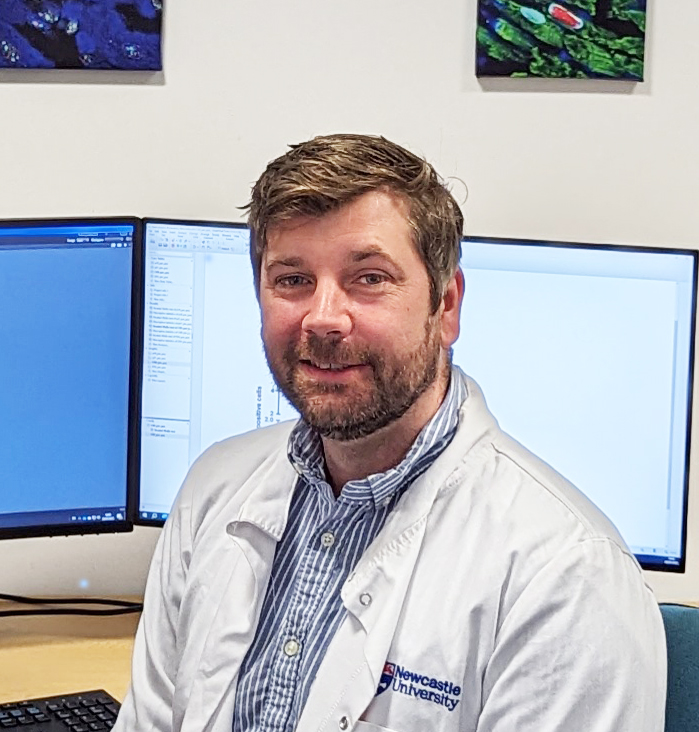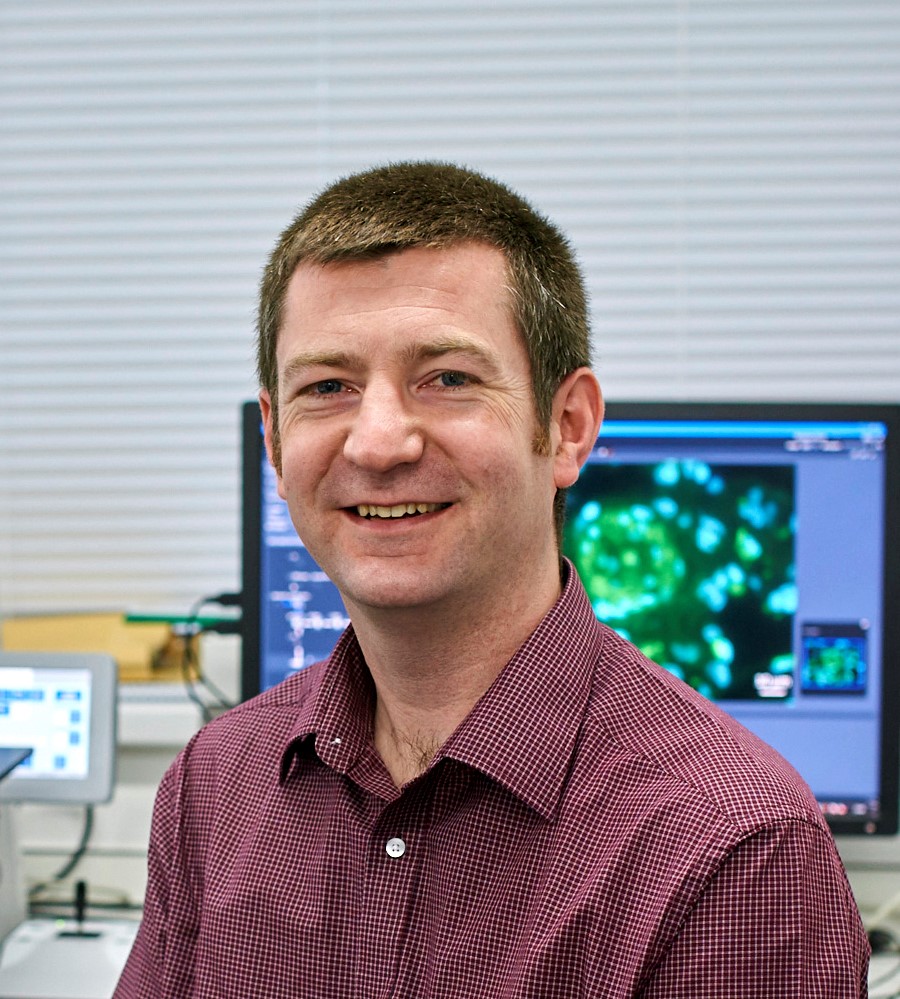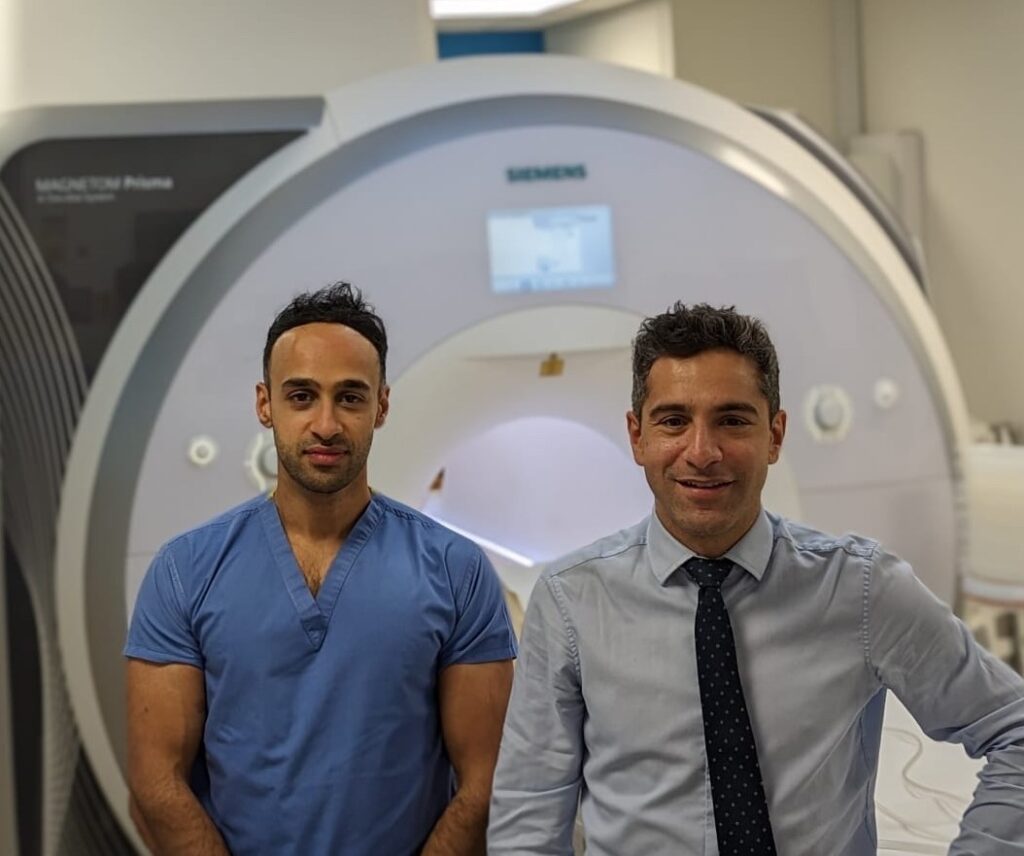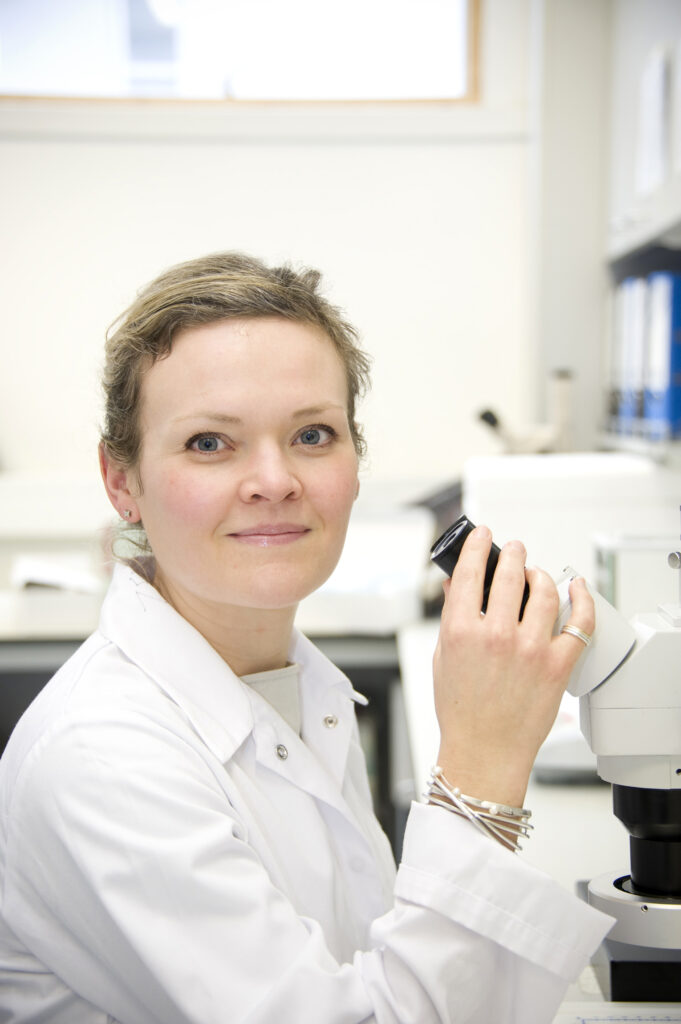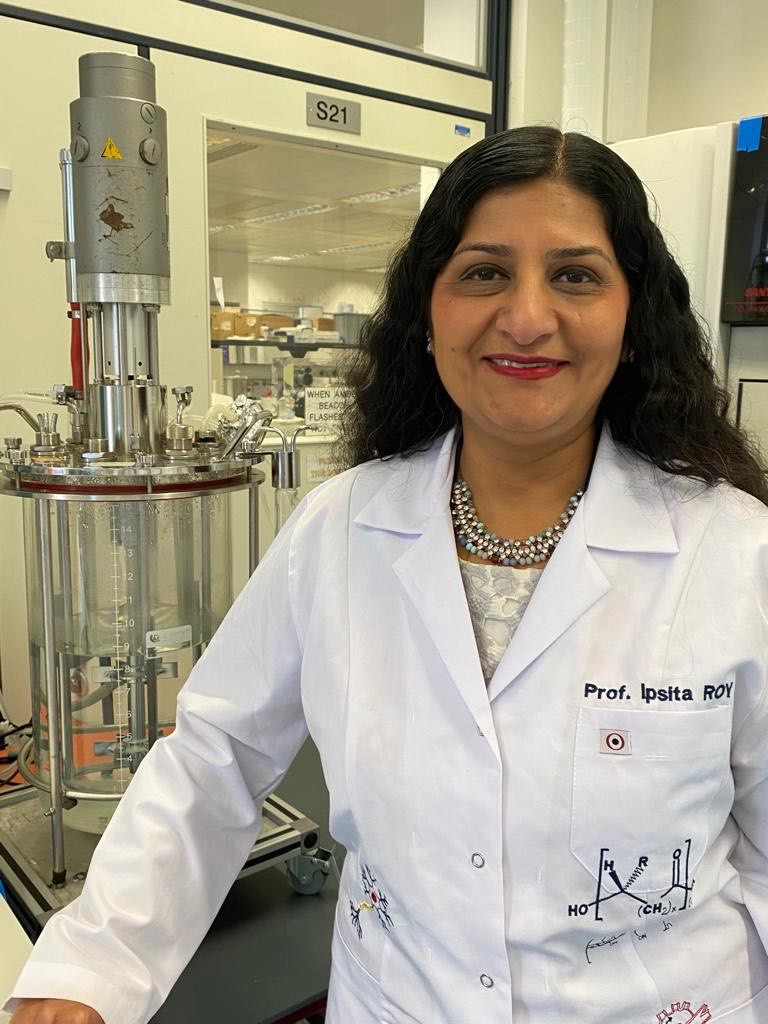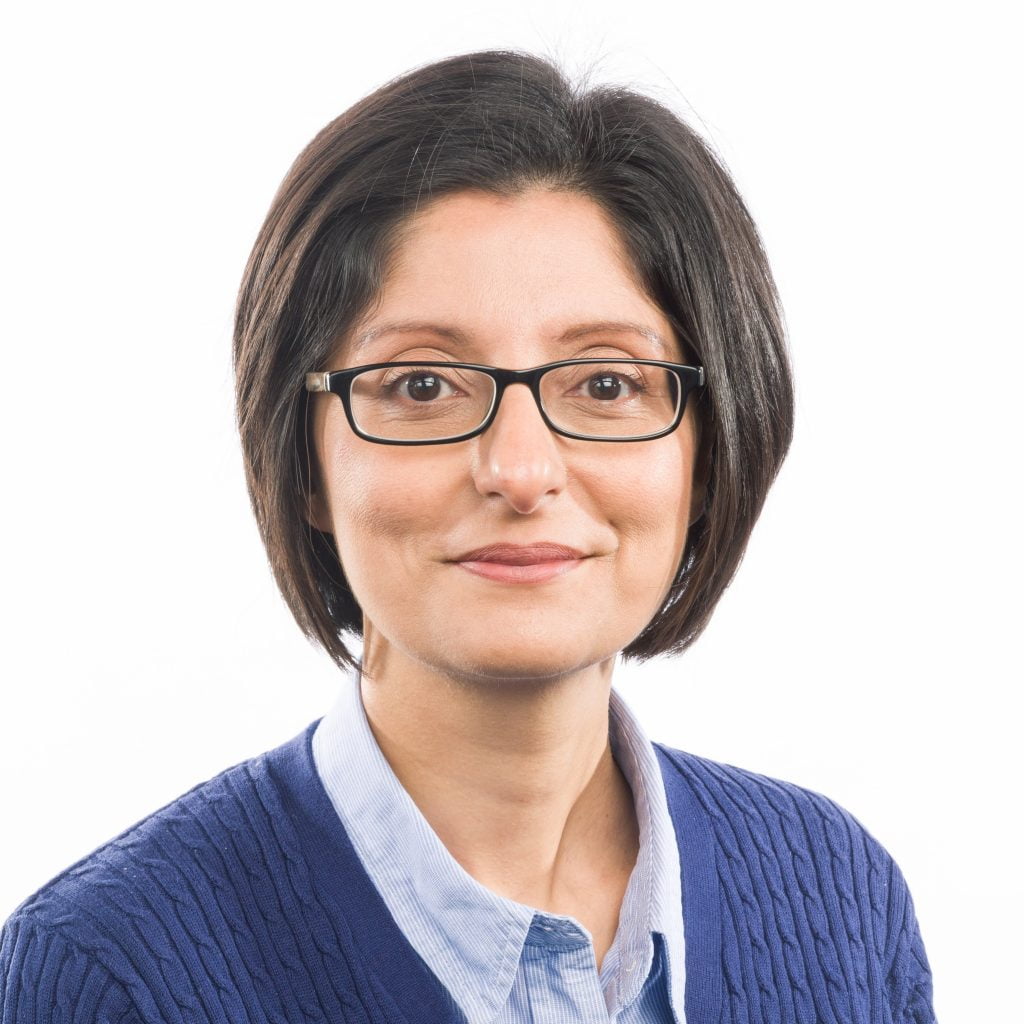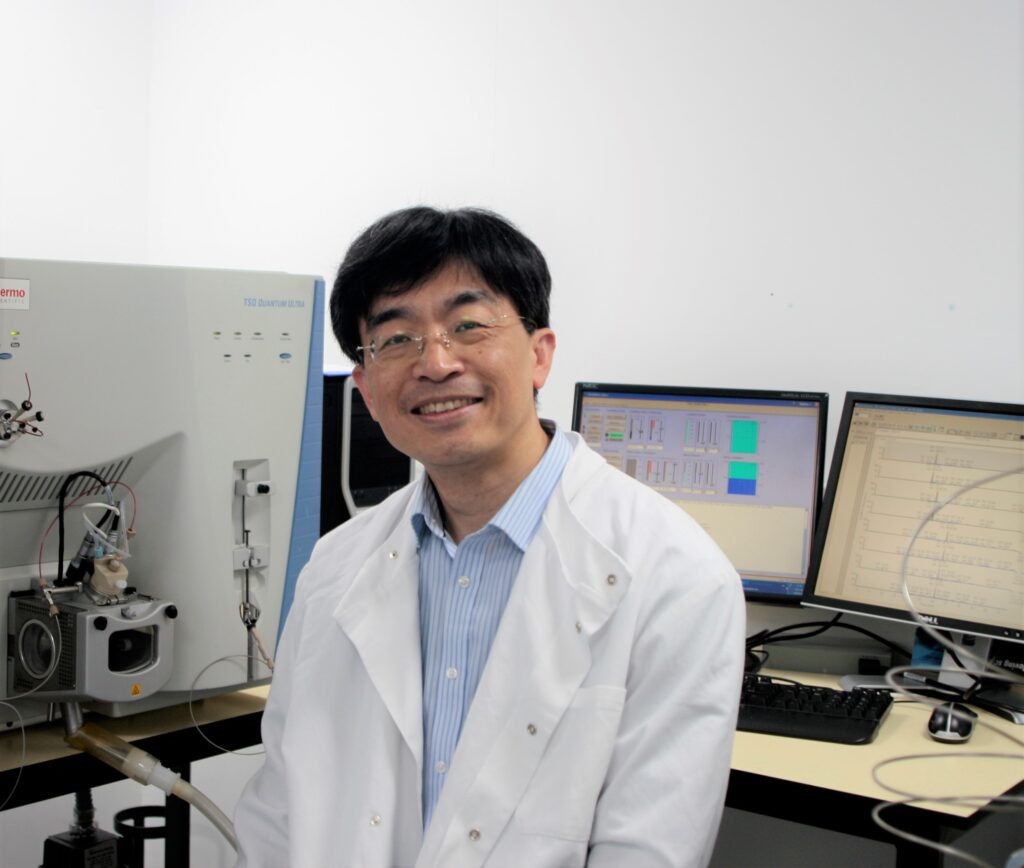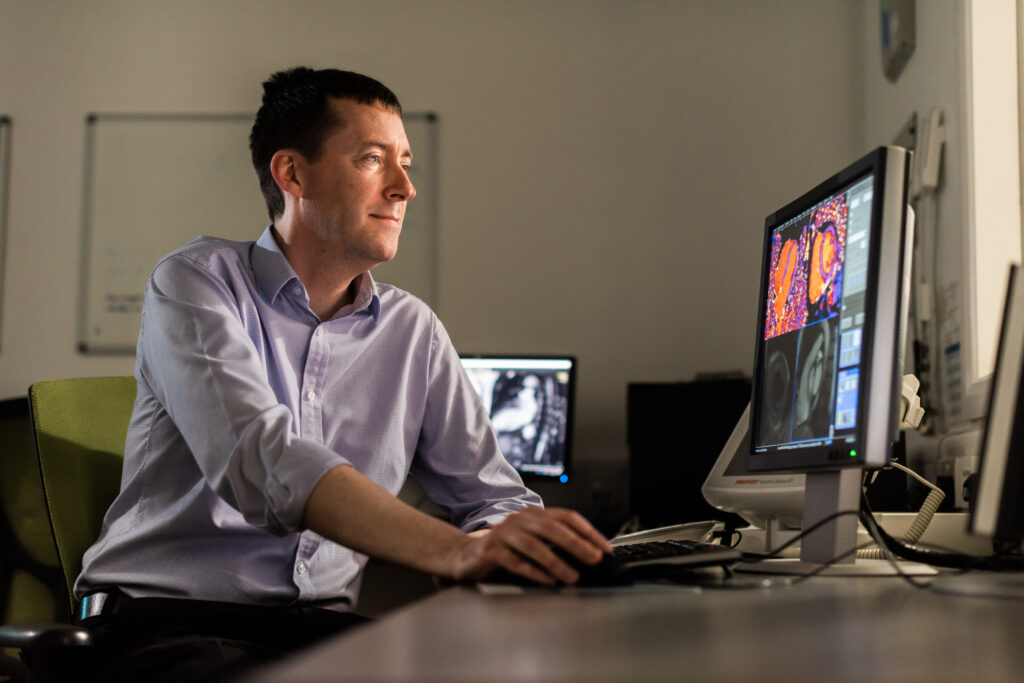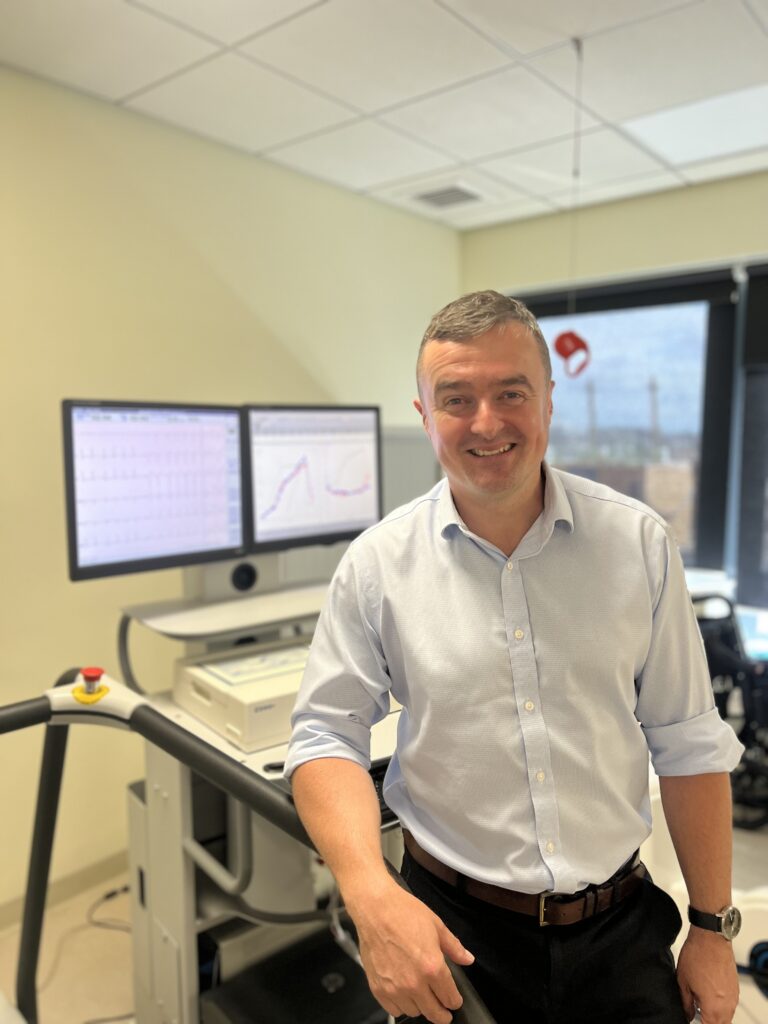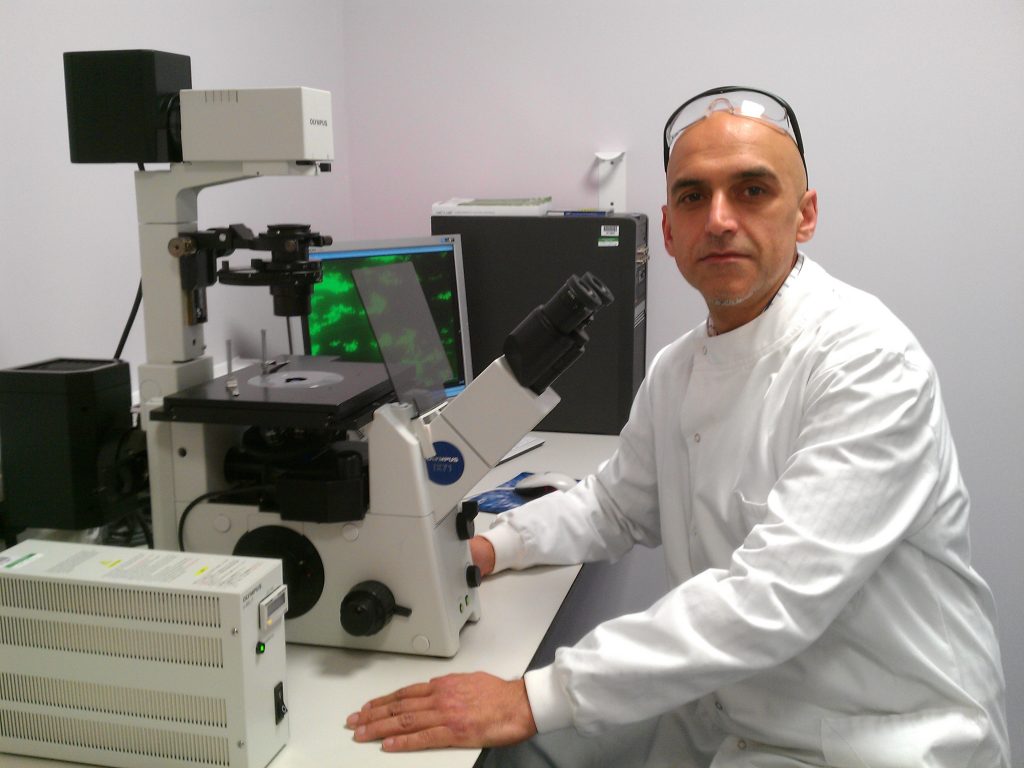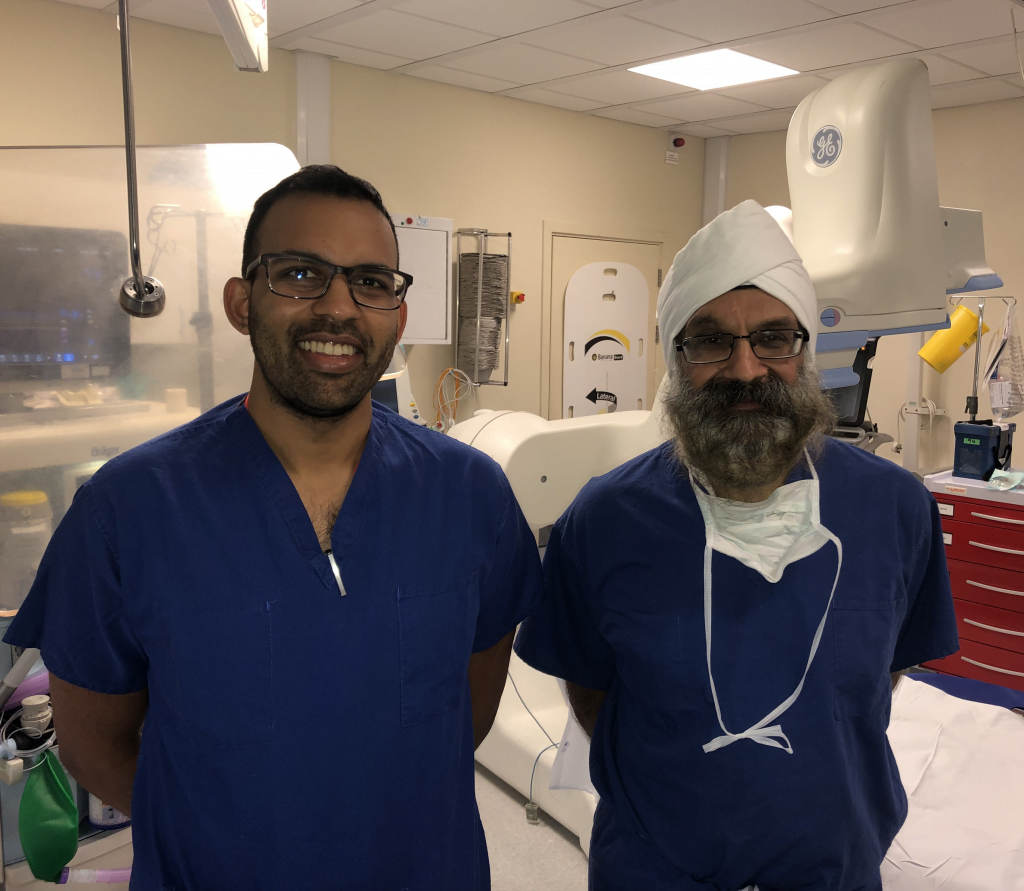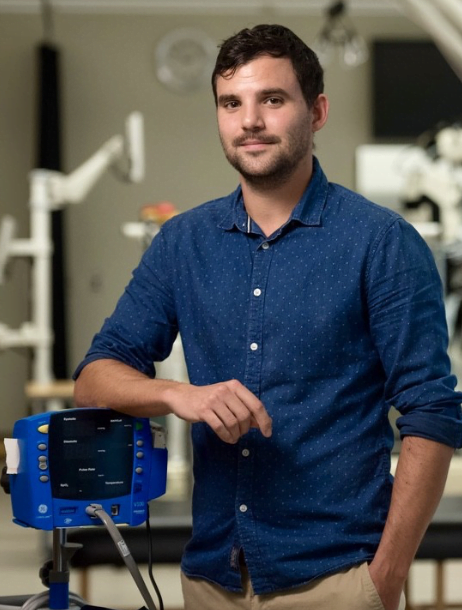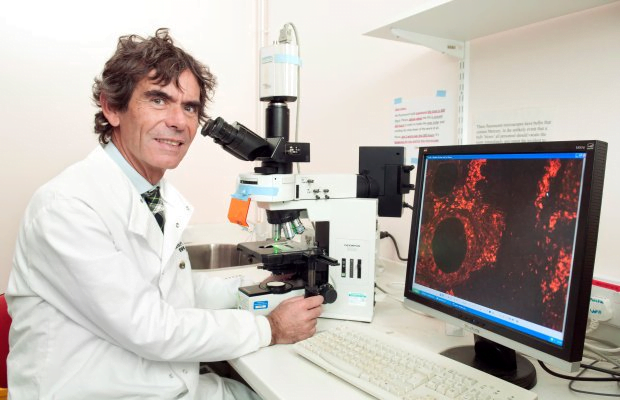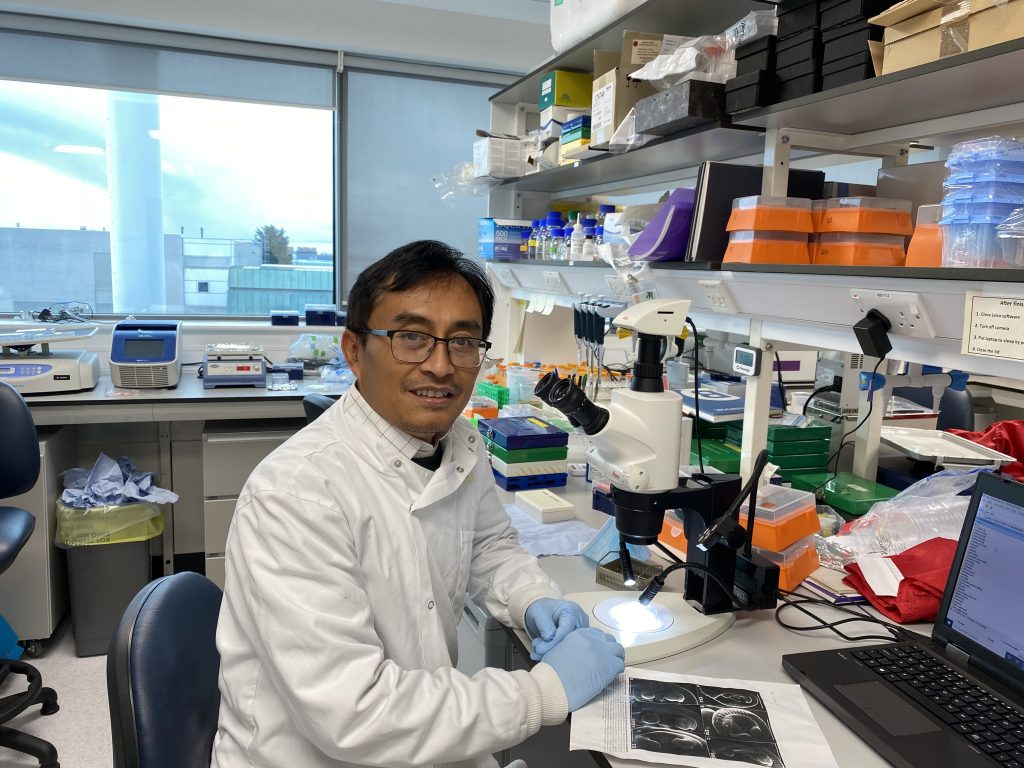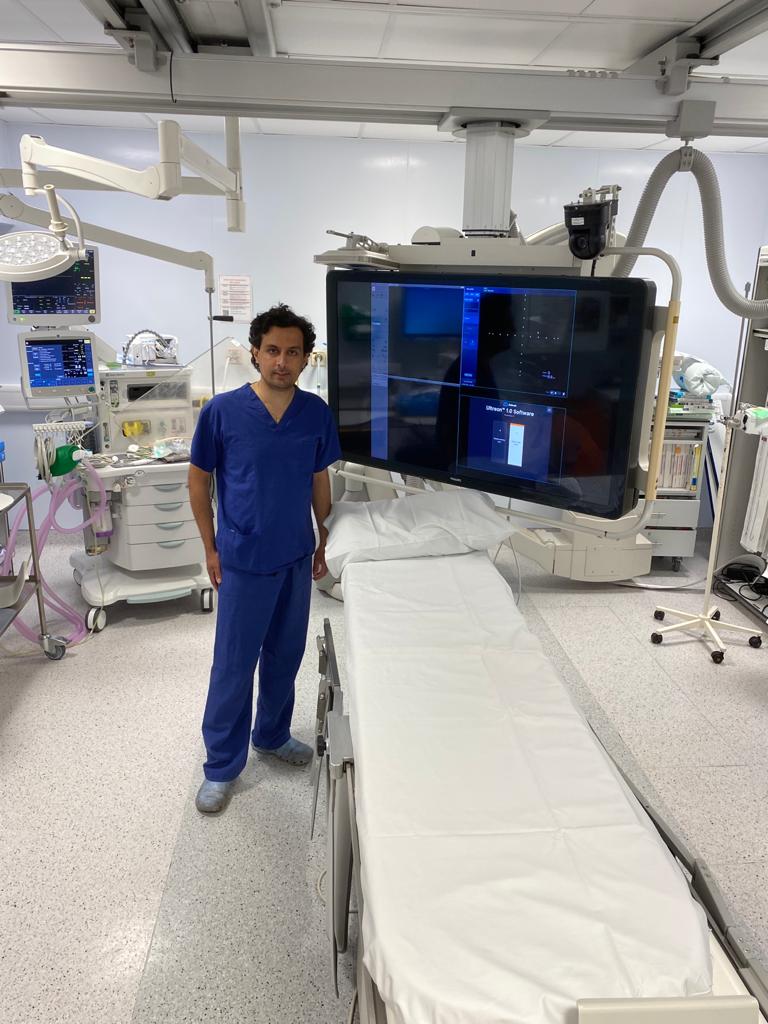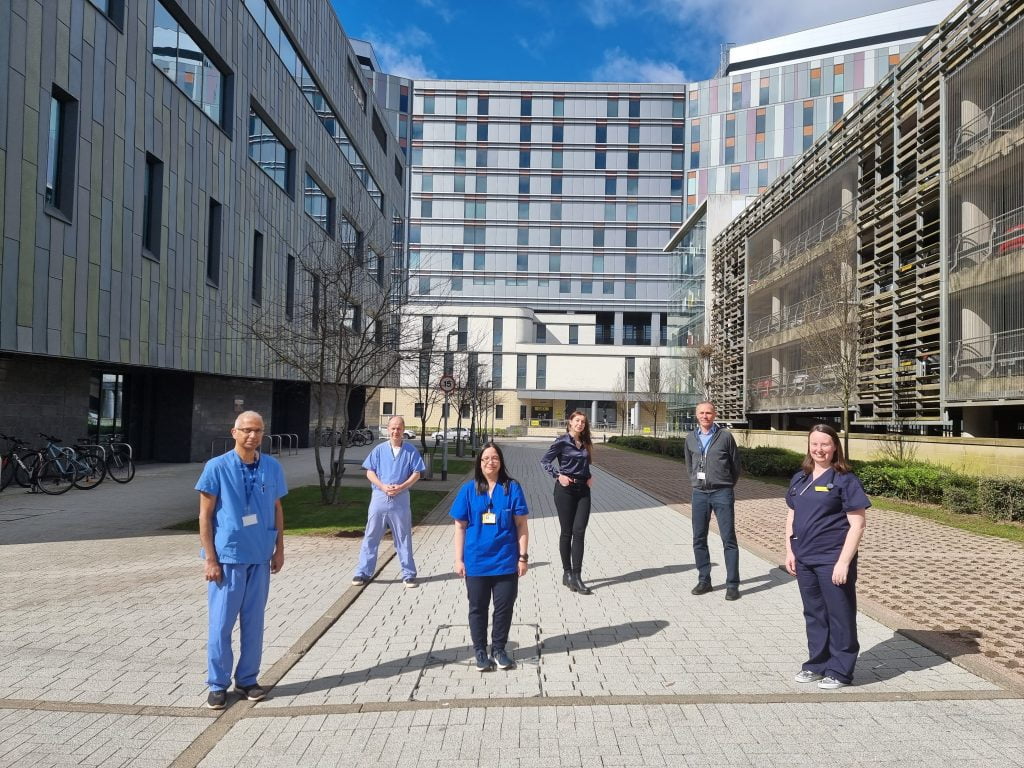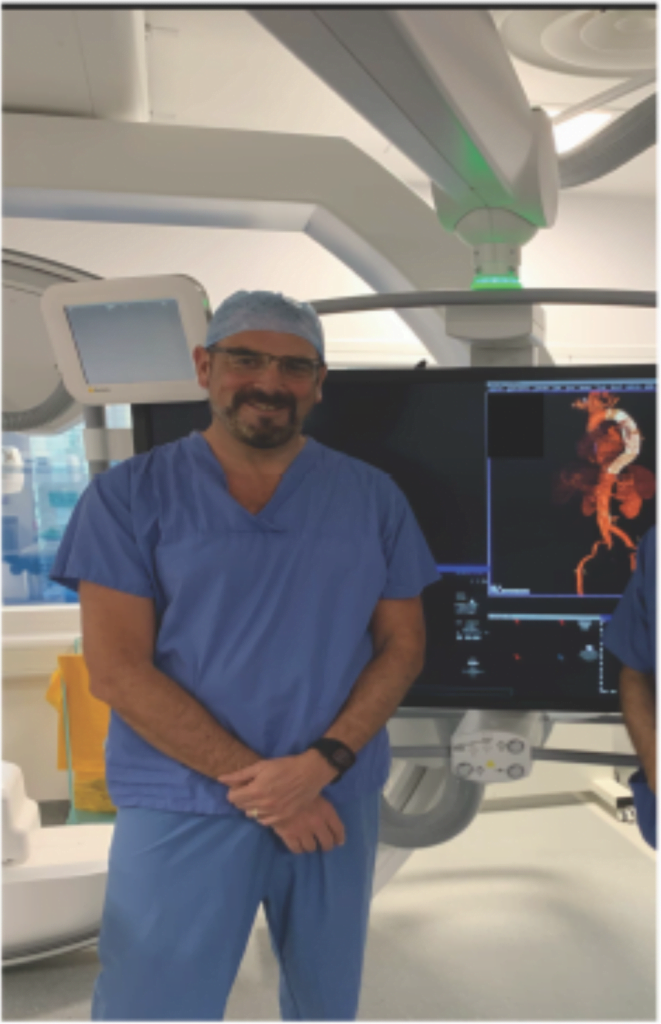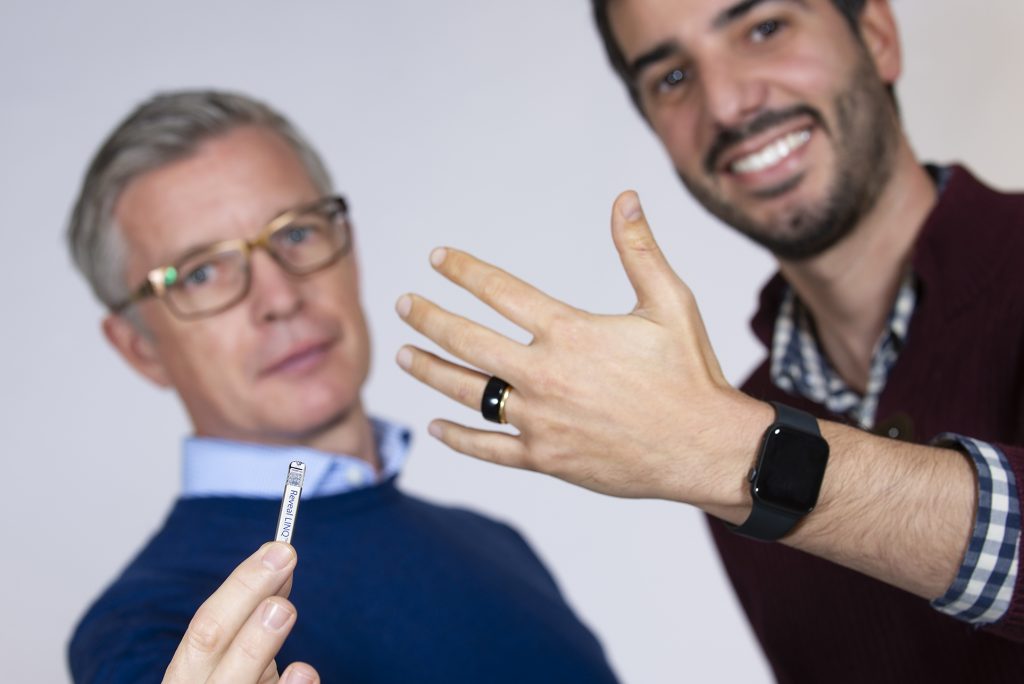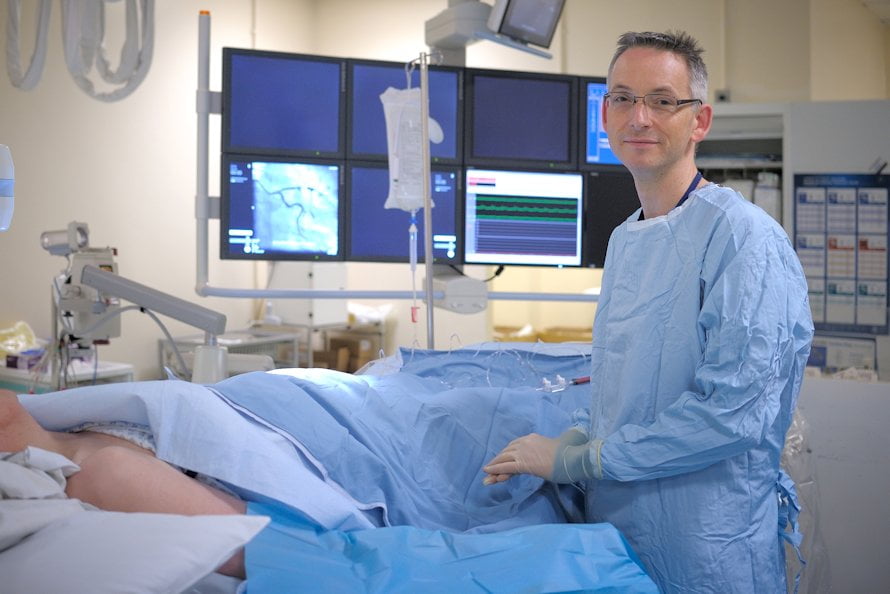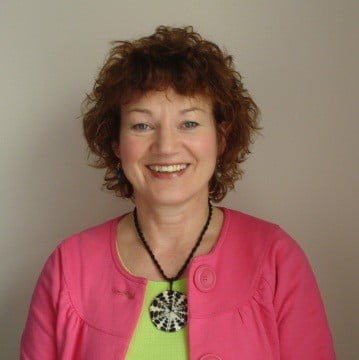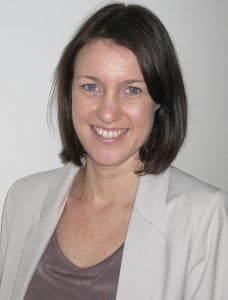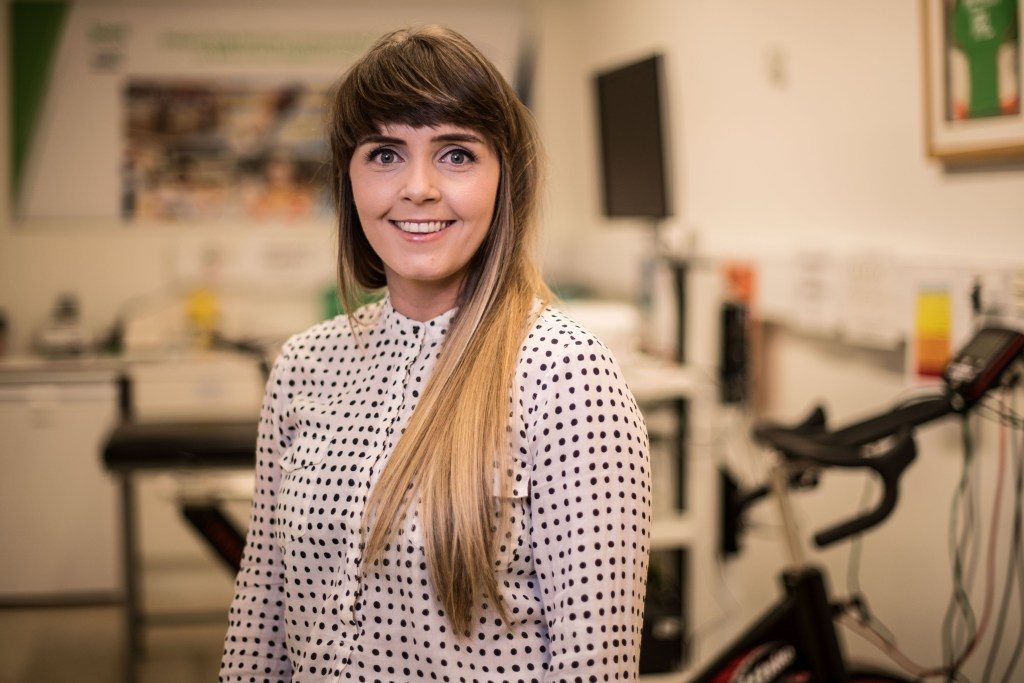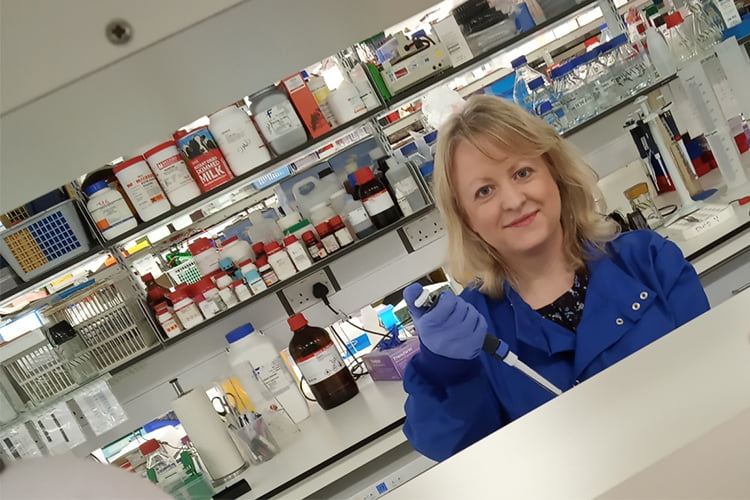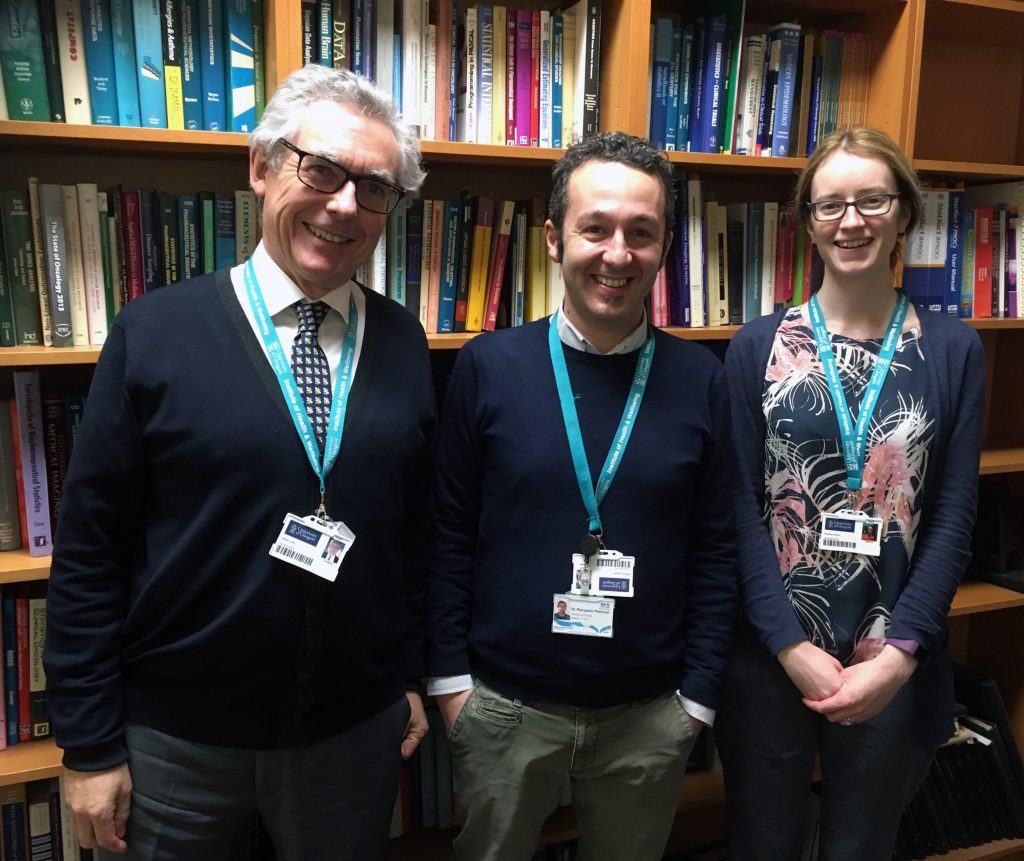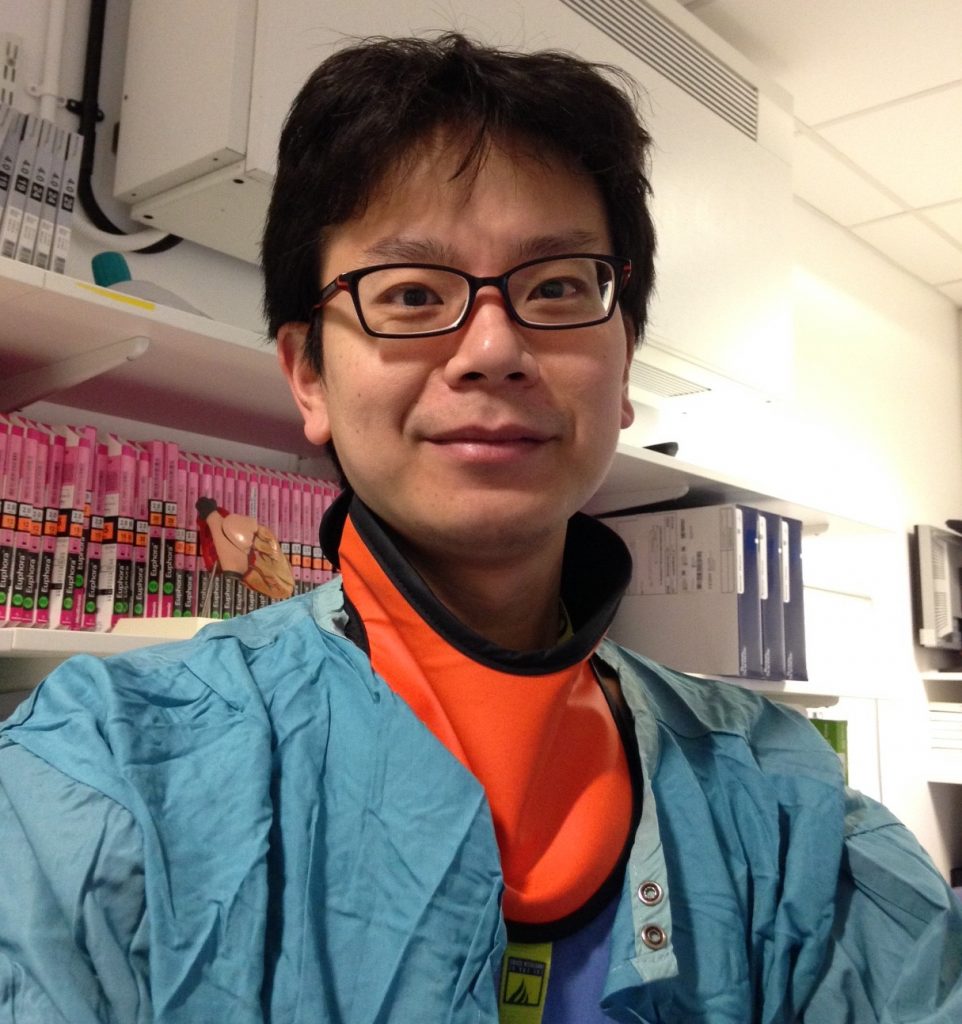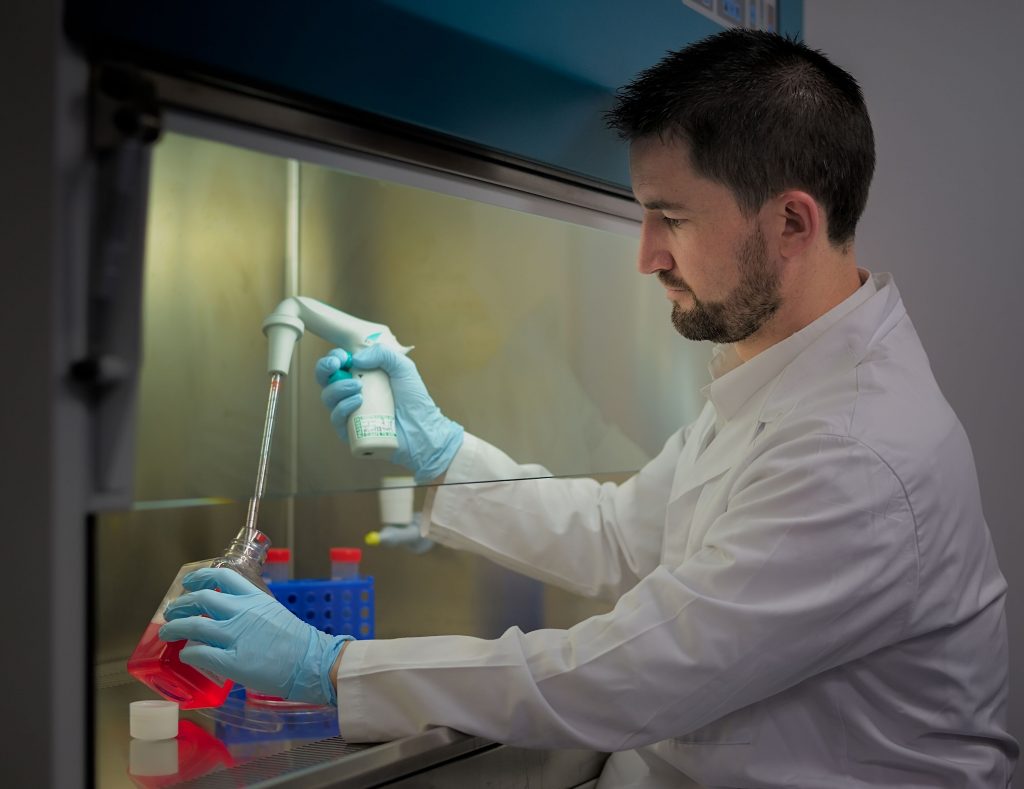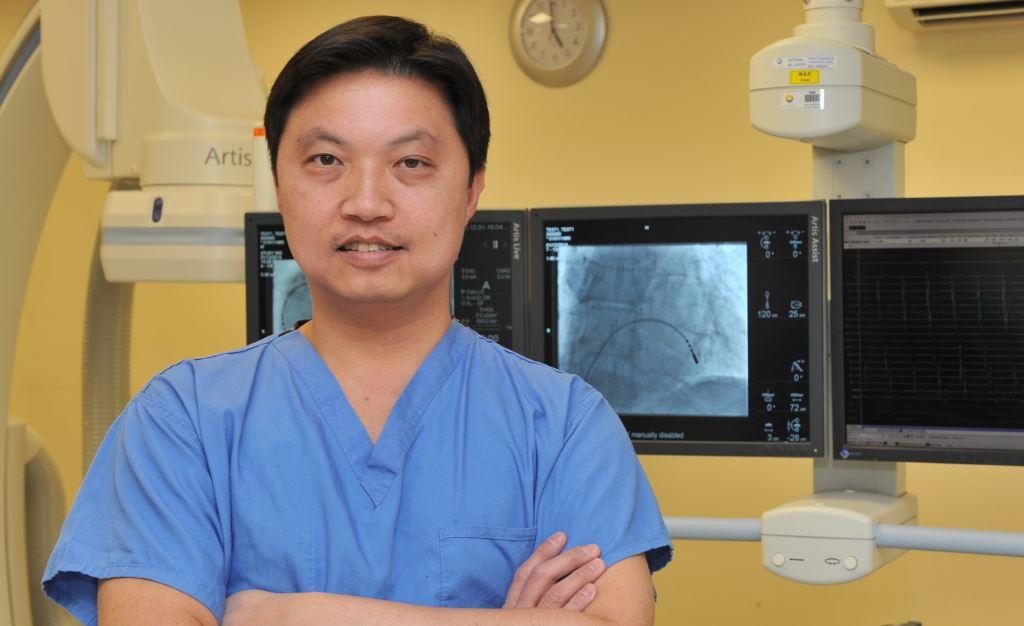Scotland Grant
Dr Coral Hanson, Edinburgh Napier University
Amount: £176,214

Spontaneous coronary artery dissection (SCAD) is a tear or bruise within the coronary arteries, which can cause a heart attack. Typically, patients who have a heart attack will be offered cardiac rehabilitation, including a prescribed exercise programme. Cardiac rehab, however, was not developed or tested on SCAD patients. This project is a feasibility study to test whether people would be willing to participate in a clinical study to explore exercise post-SCAD. This will inform the development of more specific guidance for exercise in SCAD patients, with the goal of improving confidence with exercise, and overall quality of life.
Spontaneous coronary artery dissection (SCAD) is a heart condition that occurs when a tear or a bruise develops in one of the coronary arteries. This results in a blockage that prevents normal blood flow, and it can lead to a heart attack. Its causes are unclear, making it hard to predict or prevent. Most cases are in young- to middle-aged women and SCAD patients have few or none of the normal risk factors for heart disease.
Cardiac rehabilitation is a prescribed exercise programme offered to people who have had a heart attack. However, SCAD patients are different to those that traditional cardiac rehabilitation has been designed and tested for. This, combined with a lack of knowledge about the safety of exercise after SCAD, means that many SCAD patients receive little to no advice about returning to exercise.
This project aims to address this gap in knowledge. Dr Coral Hanson, her team at Edinburgh Napier University, and their collaborators at the University of Leicester, will conduct a feasibility study to establish whether SCAD patients would be willing to take part in a full-scale clinical study. The feasibility study will comprise of a 12-week remote exercise programme, with the use of fitness tracker information to explore exercise habits both pre- and post-SCAD. The effectiveness of the programme will be measured by comparing the exercise levels of this group to patients who have received standard care. Participants in the exercise group will also take part in three remote sessions to discuss exercise plans and progress with an exercise physiologist. Telephone interviews will also be used to collect feedback on the programme.
The results will help to plan remote exercise programmes for SCAD patients. These could then be adapted for women with other heart conditions. It will also provide insight into the exercise patterns of those with SCAD, both before and after the event. Additionally, it will build on existing exercise safety data and create strength training safety data for people with SCAD.
Ultimately, this will allow for safe, tailored guidance to be created for this patient group, with the hope that it will increase confidence for those wishing to return for exercise, as well as promoting overall physical health and wellbeing.

